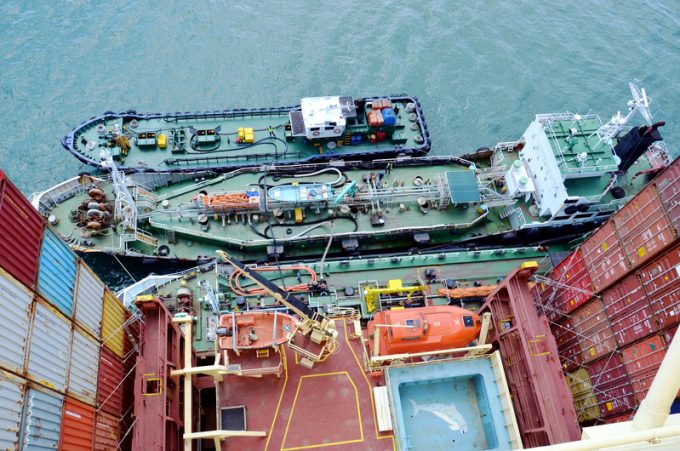China-US trade tariff pause could drive a rebound for transpacific rates
After the US and Chinese governments agreed to slash reciprocal tariffs, shipping lines are expecting ...

As oil prices head north again, ocean carriers are preparing to ramp up low-sulphur fuel surcharges to add to the misery of shippers struggling with sky-high freight rates, surcharges and premium fees.
Since early September, the price of Brent crude has increased by 41%, to $55 ...

Comment on this article